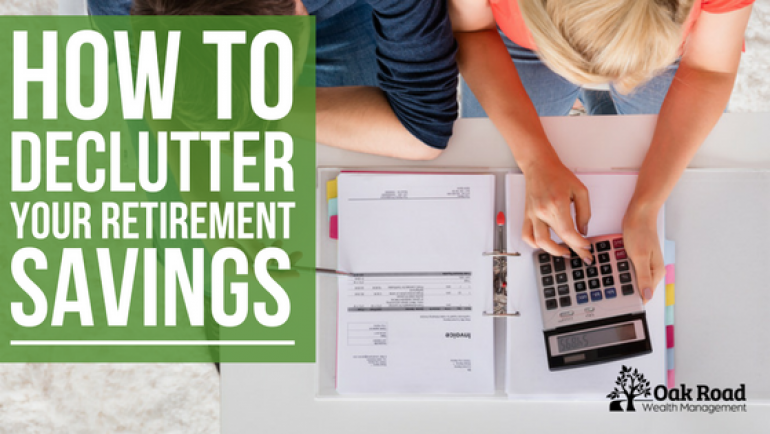I’ve moved quite a few times in my life. My family and I moved from Missouri to New York City then back to Missouri to Nashville, TN and back to Missouri. One thing you learn when you move is that you have a ton of stuff that you move with you that sometimes never even gets unboxed. We lived in Nashville for almost five years and seriously, I think there were about 10 boxes of stuff in the garage that we never took the tape off of in five years! The process of moving can be exhausting and when you are packing endless knick knacks into cardboard boxes you start to question why you even have all of this stuff. This… clutter!
What is ‘clutter’?
My wife and I recently saw a documentary called The Minimalists and I’ve also listened to some of their podcasts. Side note – great guys, great message, you should check it out. One of the themes they spend a lot of time talking about is decluttering. Decluttering is great for decluttering’s sake, but there is often a more beneficial purpose behind it. When you get rid of the clutter, you remove things that are not important, that don’t provide value. If you purposefully declutter, the things that remain — do because they serve a real purpose, they are intentional. I was listening to one of their podcasts the other day and it dawned on me, often as investors, we own a lot of clutter. It’s not uncommon for investors to own dozens or even hundreds of individual securities between all of their investment accounts. In many cases, investors own positions that don’t serve a specific purpose or are redundant. Usually, these dozens of securities were acquired over many years, between many different accounts and served by several different financial professionals with differing views. Oftentimes, investors don’t even realize what they own or why.
What works for achieving your goals?
I believe it is important for investors to own securities that are purposeful and that work together harmoniously. I also believe that investors should know what they own and why they own it. If someone asks you to summarize what you own in your retirement accounts could you recite it with confidence? Most people can’t. Some would argue that they pay a financial professional to handle that and they don’t need to know. Personally, I want to work with investors who are actively involved in the process and want to understand what they own and why.
Financial Planning
One of the most important services we provide for our clients is financial planning. We work with families to identify their resources, figure out what their goals are and figure out how to help them get there. Once we have that process underway, we help our clients invest their money according to their financial plan. Every client is different but we generally use a very small group of low-cost Exchange Traded Funds (ETFs). Depending on the client, they may own more of one ETF and less of another and vice versa. Most clients own between 10 and 15 separate securities, that’s generally it. Each security in the portfolio is intentionally selected, it is designed to work in harmony with the other securities and serves a specific purpose. If we advised our clients to own 50 or 100 different individual securities, it would be difficult — if not impossible — to help them understand what they own and why. But by owning 10-15 distinct and intentionally selected securities, I feel like investors can really grasp what it is that they own and how they work together. I take this exact same approach in my own personal accounts, seems to me that I should offer my clients the same process I practice myself.
More is Less
I talk a lot about complexity and how complex is not always better and often isn’t. The same can be true for clutter. When it comes to organizing your home, more is often less. The same can be true for your investments as long as the securities you do own are well diversified, intentional and work together.
Learn more about decluttering your retirement savings or figure out if you need to declutter your investment accounts by contacting me today, (816) 607-9188 to schedule a no-cost consultation!
Subscribe to our newsletter to get the latest tips and advice.
Oops! We could not locate your form.

